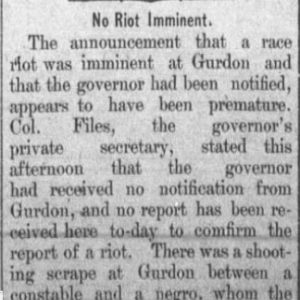 Nat Hadley Lynching Article
Nat Hadley Lynching Article
Entry Category: Law - Starting with H
 Nat Hadley Lynching Article
Nat Hadley Lynching Article
Haley, Loy (Lynching of)
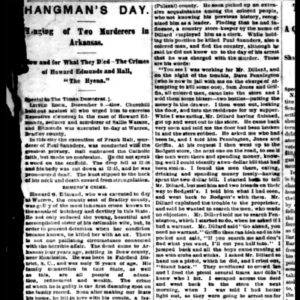 Hall and Edmunds Execution Story
Hall and Edmunds Execution Story
Hall, Frank (Execution of)
Hallum, John
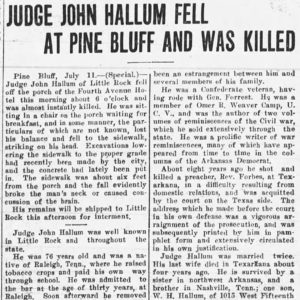 John Hallum Death
John Hallum Death
Hamilton and Ludberry (Lynching of)
Hamilton, Henry (Reported Lynching of)
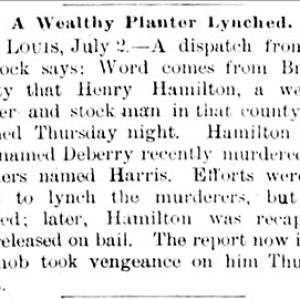 Henry Hamilton Lynching Article
Henry Hamilton Lynching Article
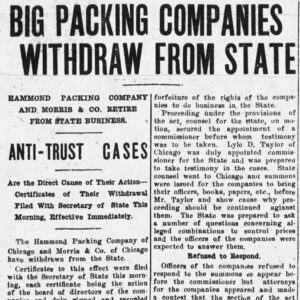 Hammond Packing Company Story
Hammond Packing Company Story
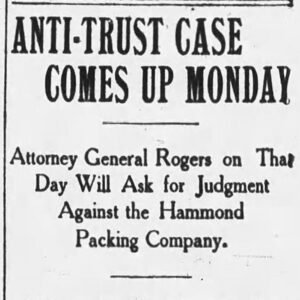 Hammond Packing Company Story
Hammond Packing Company Story
Hammond Packing Company v. Arkansas
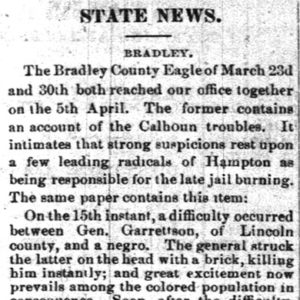 Hampton Lynching Article
Hampton Lynching Article
Hampton Race War of 1892
aka: Calhoun County Race War of 1892
 James R. Hannah
James R. Hannah
Hannah, James Robert (Jim)
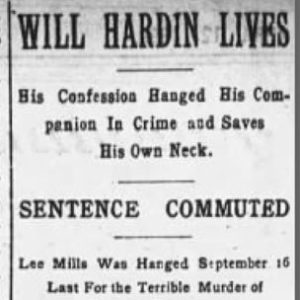 Hardin Commutation Story
Hardin Commutation Story
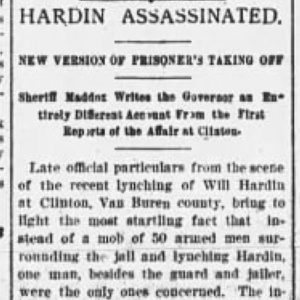 Hardin Murder Story
Hardin Murder Story
 W. H. Hardin Lynching Story
W. H. Hardin Lynching Story
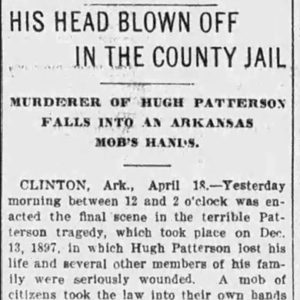 W. H. Hardin Lynching Story
W. H. Hardin Lynching Story
Hardin, Will H. (Lynching of)
Harper, Charles Augustus (C. A.)
Harper, John (Execution of)
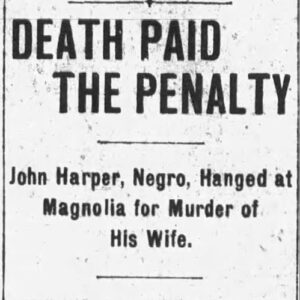 John Harper Execution Story
John Harper Execution Story
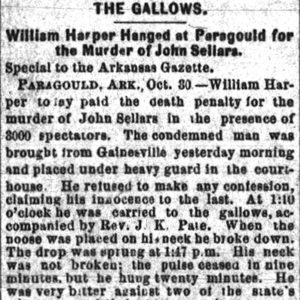 William Harper Execution Story
William Harper Execution Story
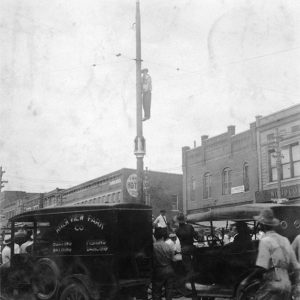 Harris Lynching
Harris Lynching
Harris, Carleton
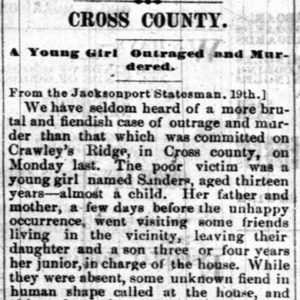 Frank Harris Lynching Article
Frank Harris Lynching Article
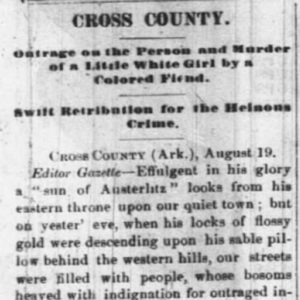 Frank Harris Lynching Article
Frank Harris Lynching Article
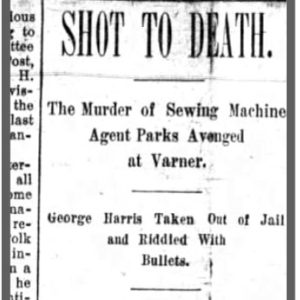 George Harris Lynching Article
George Harris Lynching Article
Harris, Gilbert (Lynching of)
Harris, Jack (Lynching of)
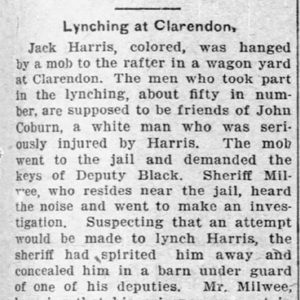 Jack Harris Lynching Article
Jack Harris Lynching Article
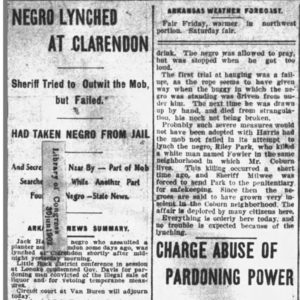 Jack Harris Lynching Article
Jack Harris Lynching Article
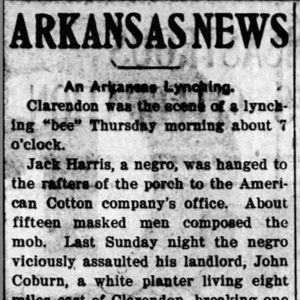 Jack Harris Lynching Article
Jack Harris Lynching Article
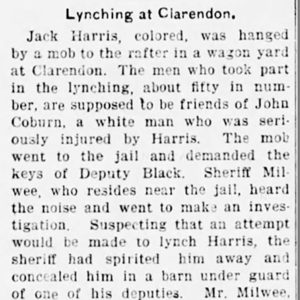 Jack Harris Lynching Article
Jack Harris Lynching Article
Harris, Oren
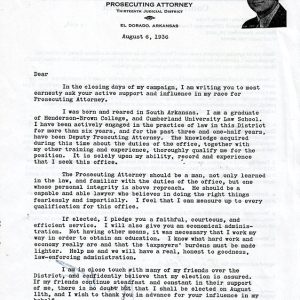 Oren Harris Campaign Letter
Oren Harris Campaign Letter
 Harrison U.S. Courthouse
Harrison U.S. Courthouse
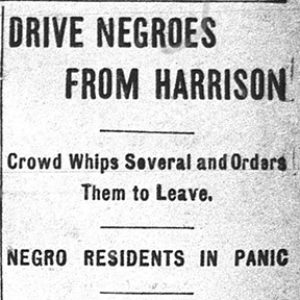 Harrison Racial Expulsion Article
Harrison Racial Expulsion Article
Harrison Race Riots of 1905 and 1909
aka: Charles Stinnett (Execution of)
Harrison, John Henry (Lawsuits Relating to the Lynching of)
Harrison, John Henry (Lynching of)
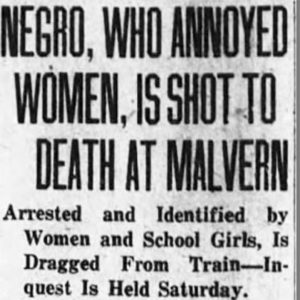 John Henry Harrison Lynching Article
John Henry Harrison Lynching Article




